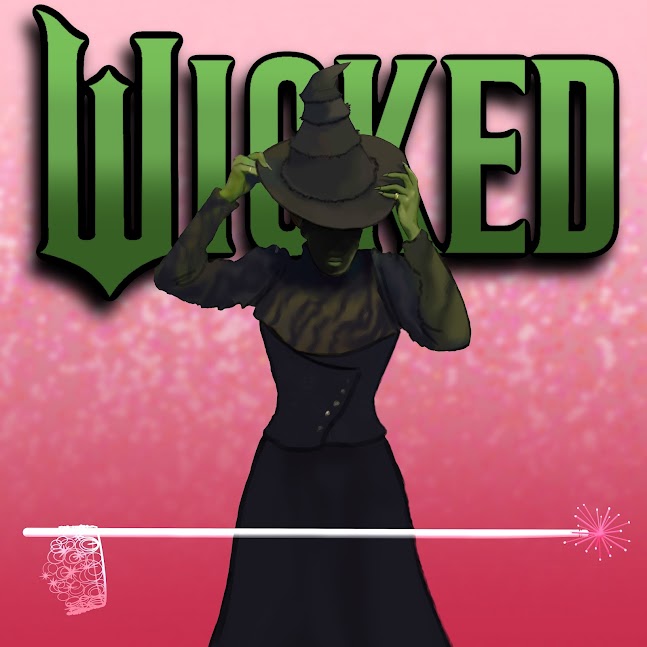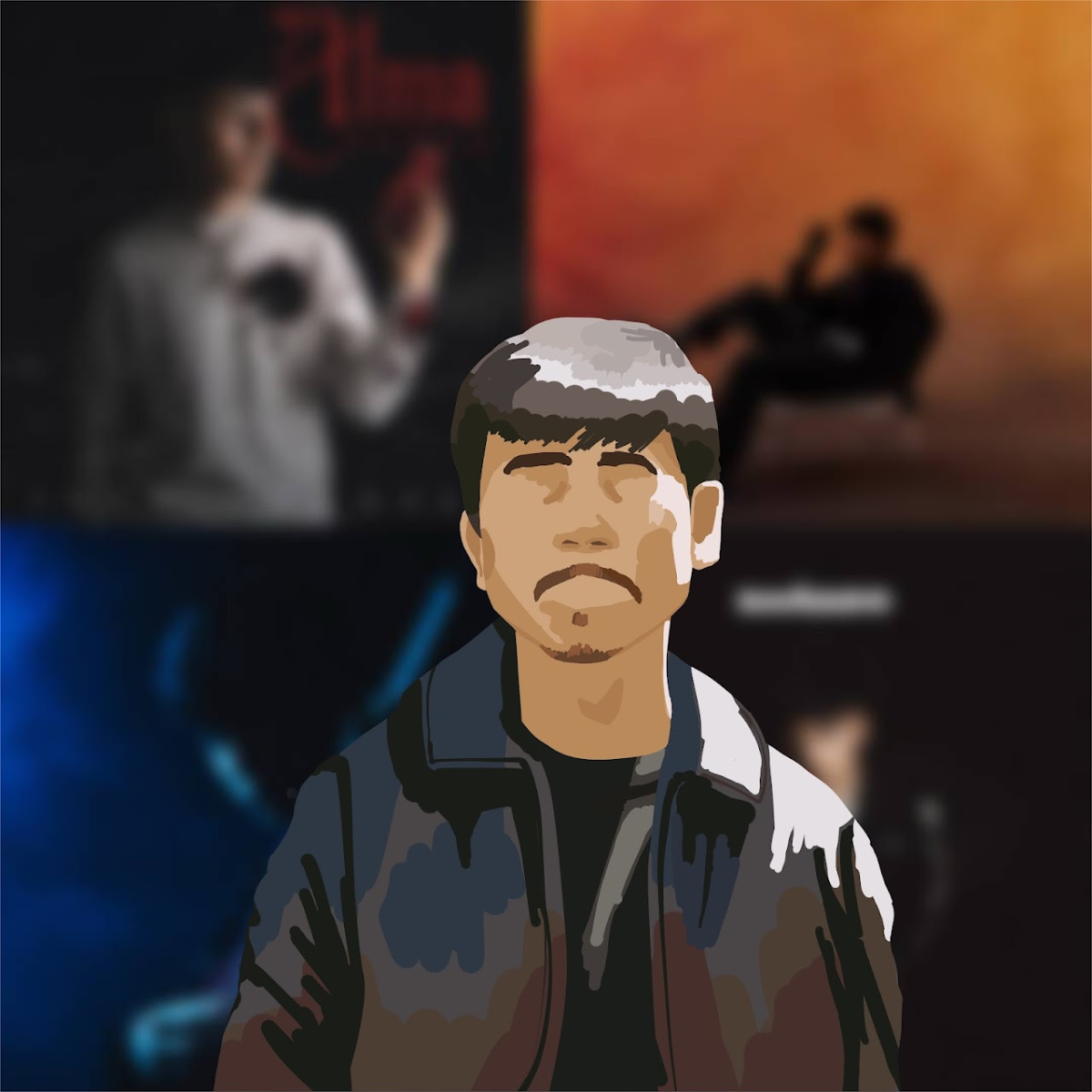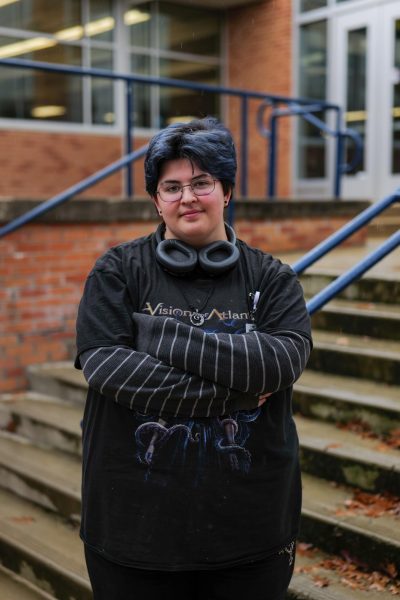In protagonist Elphaba Thropp’s most famous song, ‘Defying Gravity,’ she sings about feeling “unlimited.” Similarly, the technological advantages the crew had behind the scene of the movie adaption of ‘Wicked’ was also unlimited.
Millions of longtime fans of the classic musical ‘Wicked’ were waiting on the edge of their seats this year for a new, two-part movie adaption of the musical. ‘Wicked,’ an adaptation of novel “Wicked: The Life and Times Of The Wicked Witch of the West,” by Gregory Maguire, is a prequel to the well-known ‘Wizard of Oz’ that explains the backstory of the Wicked Witch of the West and her relation to Glinda the Good Witch.
Key members of the main cast include Cynthia Erivo as Elphaba, Ariana Grande as Glinda, Michelle Yeoh as Madame Morrible and Jeff Goldblum as The Wizard of Oz. The actors and actresses were casted well, like Jonathan Bailey as Prince Fiyero, who are both known for their charisma, and each of them worked hard to keep the magic of this show alive.
The movie keeps the distinctive essence of the Broadway show, but with the technology and budget the production has, this adaptation has countless options of how to remaster the original. With the ability to give close-ups of the actors, the already emotional scenes are given a new layer of depth, showcasing subtle emotions in the actors’ faces that theater audiences can’t see.
An example of this is in the first scene of the movie. The Munchkins, residents of Munchkinville, celebrate the Wicked Witch’s death, and Glinda the Good Witch, one of the protagonists, arrives to celebrate with them.
In the original productions of “Wicked,” Glinda hastily joins the Munchkins in their dance, but in Grande’s portrayal, she is conflicted over celebrating the death of her friend, despite having an image to uphold. This conflict lends a distinctly bittersweet, almost melancholy undertone to her performance. While these emotions are implied in theatrical Glinda portrayals, the advantage Grande had to show more subtle emotions was refreshing to see in the character.
Even with this production’s technological advantage, Erivo decided she would take extra measures to make the film more memorable. According to a Variety article, written by reporter Zach Sharf, not only did Erivo insist she was painted green, instead of her skin color being CGI, she, along with her castmates, decided to sing live while filming, instead of in a studio beforehand like most other musical films. This means Erivo is singing at the top of her lungs while wearing a corset and flying in a machine during the song “Defying Gravity.” The knowledge of her challenges while filming gives a greater appreciation of the film and her performance as a whole.
Erivo did a spectacular job portraying Elphaba, personalizing her character by changing some of the iconic riffs in various songs and wearing green lipstick rather than red.
Another change this production made was the one-word change in “Defying Gravity,” the closing song in the movie adaptation. In the original script, the guards, going after Elphaba, sing “Look at her, she’s wicked. Get her.” However, in the movie version, the guards say “Look at her, she’s wicked. Kill her.” The change is minor, but the significance of it shocked many fans when they watched the movie.
‘Wicked’ is a wonderful adaptation, but for audiences who haven’t experienced the full story, the truncated nature of the first act can be confusing. While it still works well as a standalone film, loose threads from the original work that may seem unfinished will remain unanswered for those waiting for Part 2, titled “Wicked: for Good,” to finish the story
When its follow-up eventually releases on November 21, 2025, it will likely create another wave of popularity for Part 1, but until then, it may be tricky for fans who don’t have prior knowledge on the musical to understand what is going on.
Despite this, the adaption of this musical has given the original story justice, keeping a majority of the content while still giving the film its own touch, making it a successful production.










